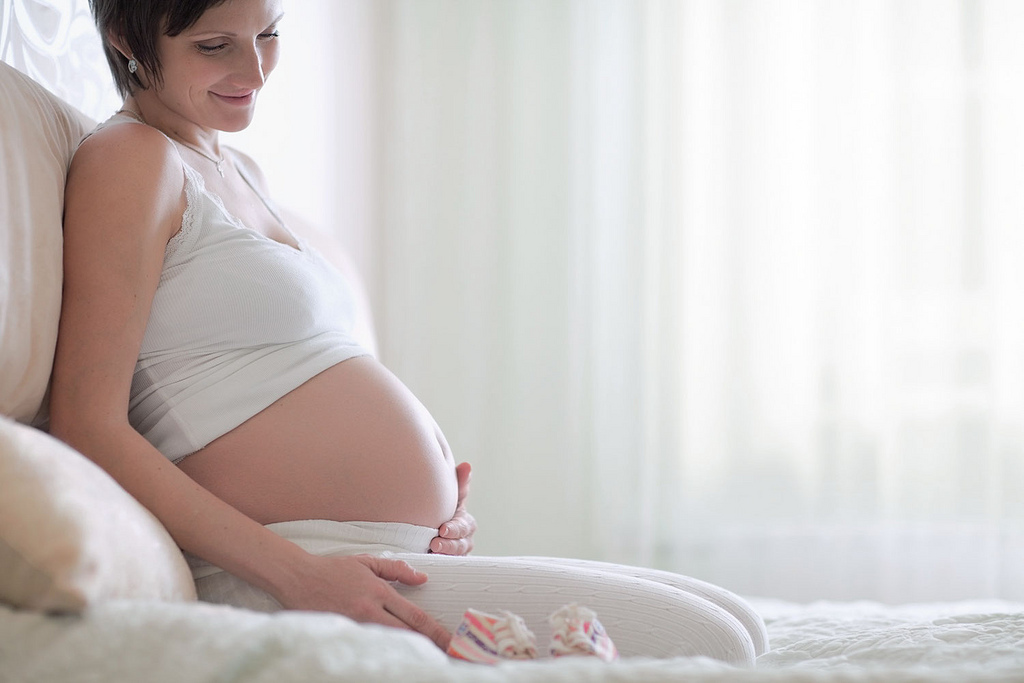
Flu shots, which are considered as a standard vaccine, could be dangerous to expectant mothers. A study found that flu shots tend to weaken the immune system, which is detrimental to pregnant women and the developing fetus.

The vaccine contains mercury, which scientists believe caused a 4,250% rise in fetal deaths since 2009. Although the effects of flu shots among expecting mothers aren't fully understood, the safety of flu shots is not established either. However, doctors continue to pressure pregnant women to take these shots.
Groundbreaking study on flu shots and pregnant women PROVES that flu shots weaken immunity in subsequent years
(Natural News) Doctors have recommended that pregnant women get flu shots for a long time now because pregnant women and babies have a high risk of complications from the flu, but many women are reluctant to take on the risks, particularly when there is no guarantee the vaccine will afford any amount of protection. A new study aimed at uncovering how prior vaccination can impact the immune response of expectant mothers, has confirmed that after receiving a flu shot, people have lower antibody responses to the following year’s vaccine.
The researchers from The Ohio State University Wexner Medical Center set out to determine if this effect is also seen in pregnant women, and to find out if that affects how the antibodies are passed on to the baby.
For the study, the researchers gave 141 pregnant women the flu vaccine. Among that group, 91 of the women had gotten the flu shot the year before, while 50 had not. Perhaps unsurprisingly, they discovered that those who had not received the flu shot the year before had a higher initial immune response to the shot. In contrast, the women who did the get jab the year prior had weakened peak antibody responses. Their findings were published in the Vaccine journal.
This is in keeping with past findings, including a study that showed that those who got the flu jab consecutively for the 2012, 2013 and 2014 flu seasons had a higher risk of being infected with the new strains of the flu. Moreover, in Canada, people who got a 2008 flu shot were as much as 2.5 times more likely to come down with the H1N1 flu the following year, than those who had not received a shot. Scientists suspect that annual flu shots could make it more difficult for the immune system to fight against new strains that show up afterward.
The researchers then set out to determine how this could affect babies. They tested the expectant mothers throughout the duration of their pregnancies and then analyzed the blood from their umbilical cords when the babies were delivered to see how well the mothers’ protection against the flu was passed along to the babies while in the womb.
They found that even though women who get a flu shot every year experience a weaker initial antibody response, with the passage of time, the protection afforded to their baby is unlikely to be impacted. However, for many women, getting the flu shot during pregnancy is just too risky to make it worth taking a chance on.
Image courtesy of: alexey05






